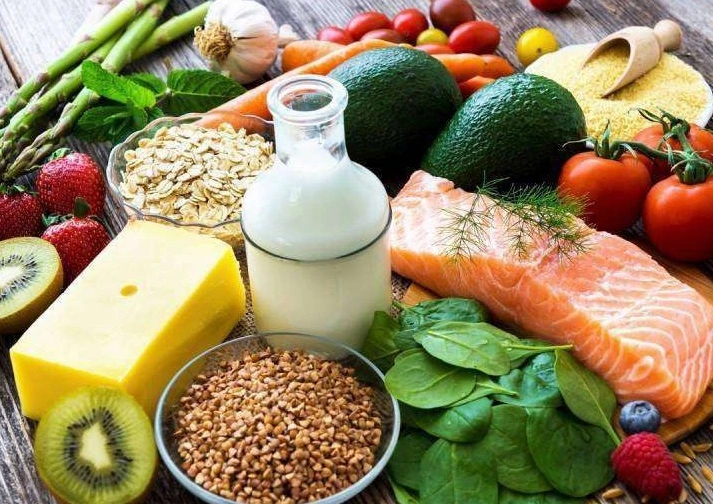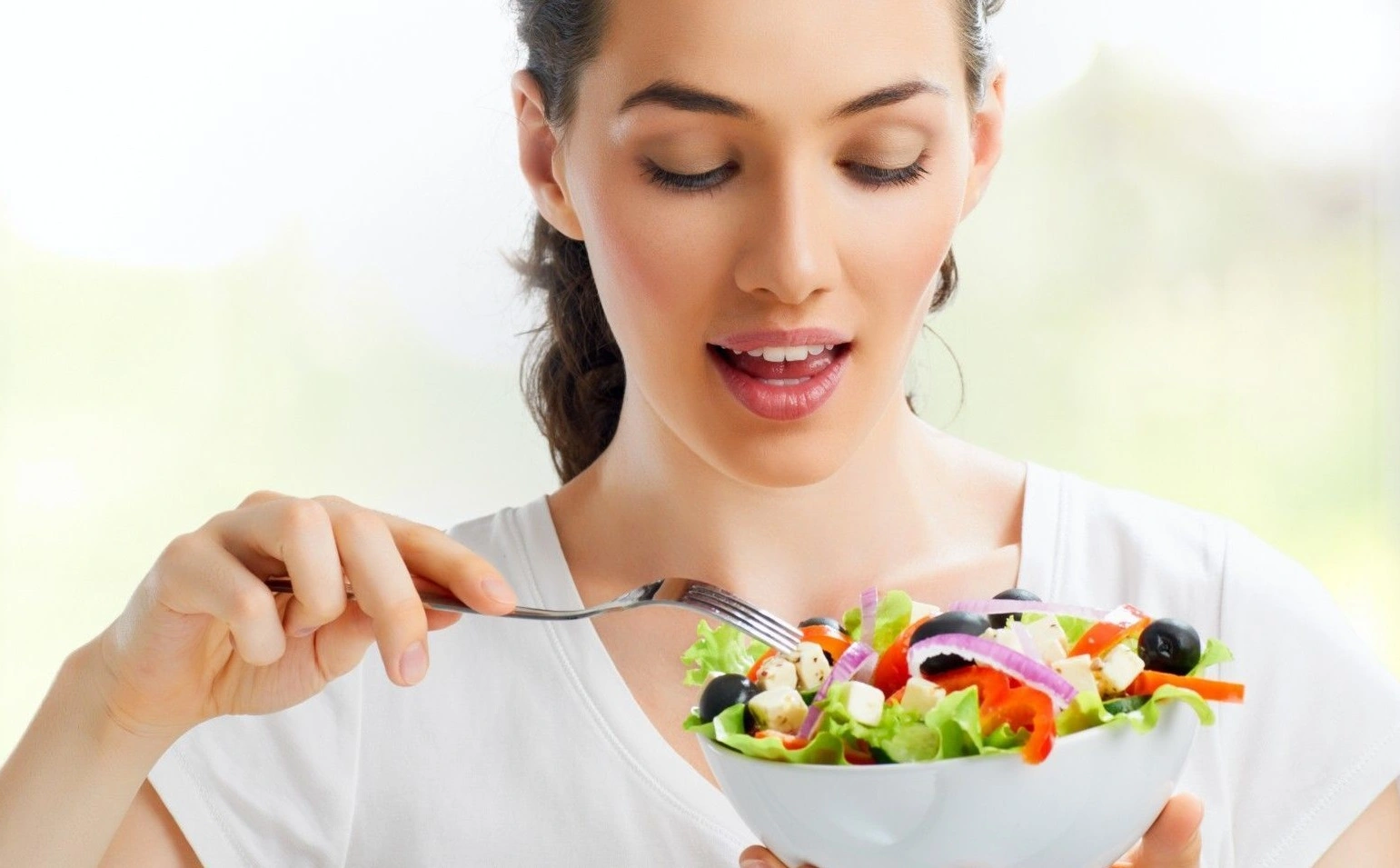Skin healing is an essential process that depends on a combination of factors, including nutrition. Whether you’re dealing with cuts, wounds, or skin conditions, what you eat plays a significant role in speeding up recovery. Nutrients in certain foods can help boost collagen production, fight inflammation, and repair tissue damage, all of which contribute to healthier skin. This article will explore the best foods to support your skin’s healing process, breaking down how these nutrients work in the body.
What foods can promote faster skin healing?
Foods rich in vitamins A, C, E, and zinc are known to boost skin recovery. These vitamins act as antioxidants, while zinc promotes cell regeneration and tissue repair. Including foods like citrus fruits, leafy greens, and lean meats in your diet can make a significant difference in how quickly your skin heals.
How important are antioxidants for skin recovery?
Antioxidants are vital for protecting the skin against oxidative stress, which can slow down the healing process. Foods like berries, nuts, and seeds are packed with antioxidants that help neutralize free radicals, promoting faster and more efficient skin repair.
Step-by-Step Skin Healing Recipe Guide
Here’s a nutrient-packed smoothie recipe designed to promote skin healing. The ingredients have been selected for their high content of vitamins, minerals, and antioxidants that aid in skin recovery.

Ingredients 🥭🍌🥛
- 1 ripe banana 🍌
- 1 cup spinach 🥬
- 1/2 cup Greek yogurt 🥛
- 1 tablespoon flaxseeds 🌻
- 1/2 cup blueberries 🫐
- 1 tablespoon honey 🍯
- 1/2 cup almond milk 🥛
Directions 🧑🍳
- Place all the ingredients in a blender.
- Blend until smooth and creamy.
- Pour into a glass and enjoy this nutrient-rich smoothie to boost skin healing.
Organized Subheadings and Bullet Points
Foods That Support Skin Healing
- Citrus Fruits
Packed with Vitamin C, which is crucial for collagen production.- Oranges
- Lemons
- Grapefruits
- Leafy Greens
Rich in antioxidants and vitamin A, which aids in skin cell turnover.- Spinach
- Kale
- Swiss chard
- Nuts and Seeds
Contain healthy fats and vitamin E, which protect skin from oxidative damage.- Almonds
- Sunflower seeds
- Flaxseeds
- Lean Proteins
Provide the necessary building blocks for tissue repair.- Chicken breast
- Turkey
- Fish
- Fatty Fish
High in omega-3 fatty acids that reduce inflammation and support skin regeneration.- Salmon
- Mackerel
- Sardines
Recipe Variations
- For a vegan option: Replace Greek yogurt with a plant-based alternative like coconut yogurt, and swap honey with maple syrup.
- Add a collagen boost: Include a scoop of collagen peptides in the smoothie to further enhance skin repair.
- For a tropical twist: Add mango or pineapple, both rich in enzymes and vitamins that support skin recovery.
FAQs: Foods for Skin Healing
How long does it take for food to affect skin healing?
The impact of dietary changes on skin healing can vary depending on the severity of the skin issue. However, many people notice improvements within 2 to 4 weeks of incorporating healing foods into their diet.
Can a poor diet slow down skin healing?
Yes, a diet lacking essential vitamins and minerals can significantly slow down the healing process, making it harder for your skin to regenerate and repair itself.
Internal Linking Opportunities
For more nutrient-packed recipes that can support skin health, check out these related posts:
Conclusion
Your diet plays a crucial role in how quickly your skin heals. By incorporating foods rich in vitamins, antioxidants, and minerals, you can support your skin’s natural healing process, ensuring that wounds heal faster and healthier. Whether through smoothies, salads, or hearty meals, these nutrient-rich foods will help keep your skin in top condition.
